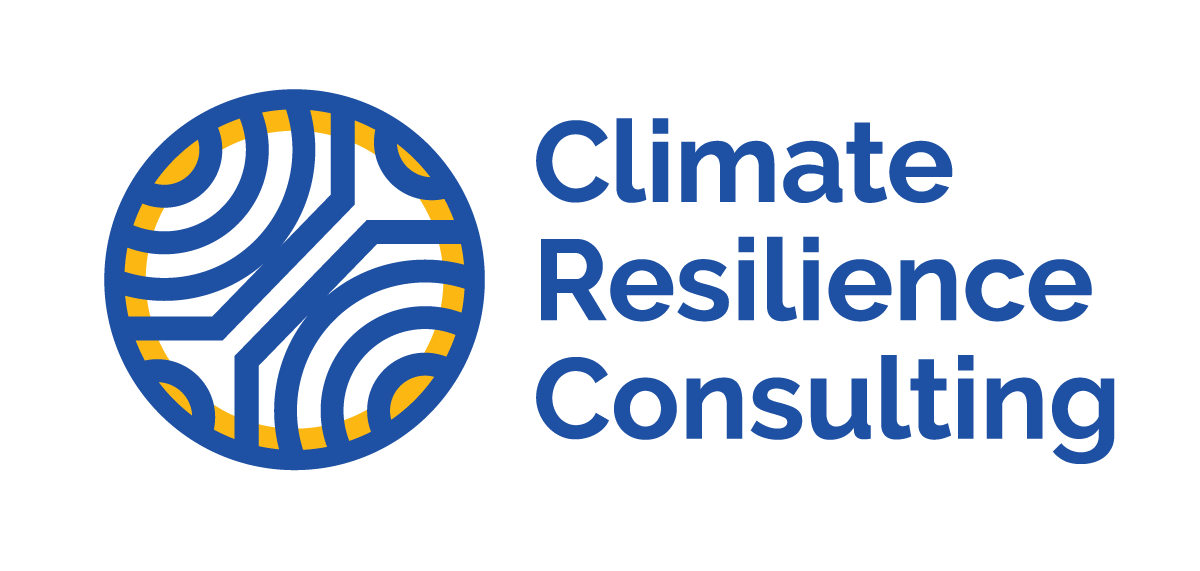When addressing climate adaptation, it could prove advantageous to frame your messaging in ways other than strictly using climate change as the backdrop. Recent studies show that framing such messaging under the clean energy or public health heading resonates well with most audiences. Opportunities certainly arise for using public health as the direction for addressing such issues as heat stress from increased urban heat-island effects, water-borne illnesses from flooding and the change of ranges for vector-borne disease as they relate to morbidity and mortality.
All of this leads to the real opportunities for messaging about climate: during and just after a local climate-related event. When people view climate change as being harmful to their business, their community and their families, they are more likely to take action to adapt. They work to “avoid the unmanageable and manage the unavoidable,” asserts climate adaptation maven Rosina Bierbaum.
Speaking of mavens, those of us in the business of communicating should always remember Malcolm Gladwell’s “The Tipping Point” helpful categorizations of folks:
- Messengers, he maintains, are socially connected people
- Mavens are those offering new information or perspectives, and
- Salespeople are persuaders
For the corporate sector to be climate adaptive, we need all three types.
